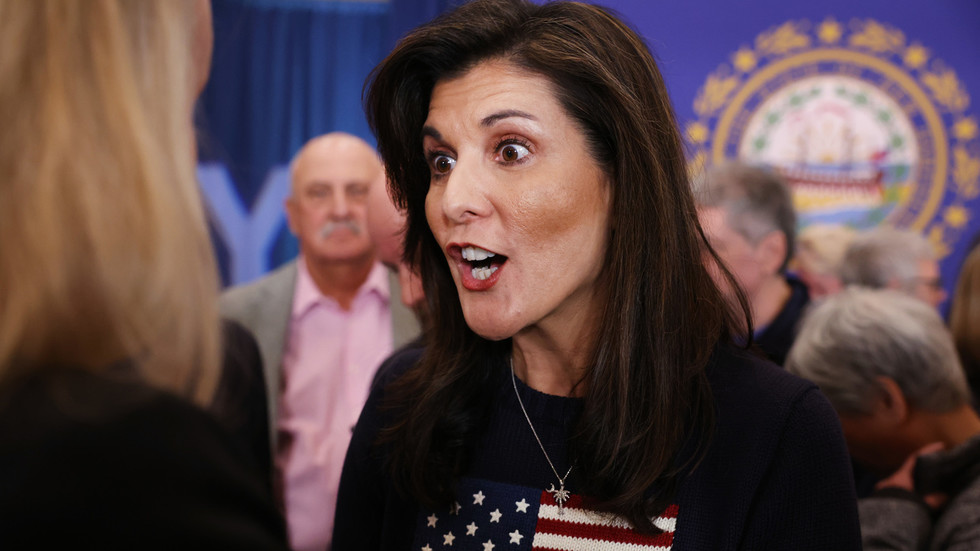WASHINGTON (CN) — The Biden administration can continue its efforts to fight misinformation on social media, the Supreme Court said on Friday in an order agreeing to pause a lower court order and hear the case later this term.
Justices Samuel Alito, Clarence Thomas, and Neil Gorsuch publicly
dissented from the ruling, calling the government’s misinformation efforts a coordinated federal campaign against disfavored views on important published issues.
Alito went as far as to say the court’s decision to grant the stay amounted to giving the government the green light to skew online information.
“At this time in the history of our country, what the court has done, I fear, will be seen by some as giving the government a green light to use heavy-handed tactics to skew the presentation of views on the medium that increasingly dominates the dissemination of news,” Alito wrote. “That is most unfortunate.”
The conservative justice called the decision highly disturbing, saying endorsing government censorship was against the values of democracy.
“Government censorship of private speech is antithetical to our democratic form of government, and therefore today’s decision is highly disturbing,” Alito wrote.
Alito said the government was not entitled to a stay because it would not actually be harmed by the lower court ruling.
“The injunction applies only when the government crosses the line and begins to coerce or control others’ exercise of their free-speech rights,” Alito wrote. “Does the government think that the First Amendment allows executive branch officials to engage in such conduct? Does it have plans for this to occur between now and the time when this case is decided?”
Alito noted that the majority failed to explain its order in the case — a common practice on the high court’s emergency docket.
“To prevent the continuation of this campaign, these officials were enjoined from either ‘coerc[ing]’ social media companies to engage in such censorship or ‘active[ly] control[ling]’ those companies’ decisions about the content posted on their platforms,” Alito wrote.
“Today, however, a majority of the court, without undertaking a full review of the record and without any explanation, suspends the effect of that injunction until the court completes its review of this case, an event that may not occur until late in the spring of next year.”
President Joe Biden asked the high court for assistance in fighting a red state lawsuit against his communications with social media companies. The White House and other federal agencies have tried to assist X, formerly Twitter, Facebook, and other platforms of inaccurate or harmful information posted to their sites.
Disinformation online about elections and the Covid-19 pandemic proved a challenge for governments and social platforms. Former White House Press Secretary Jen Psaki said the president saw removing harmful misinformation as a responsibility of the social sites. In light of this goal, the Biden administration shared information with platforms to help mitigate harm.
Missouri and Louisiana, however, saw the effort as more harm than help. They said the Biden administration targeted conservative political views, urging social platforms to remove these viewpoints in a violation of the First Amendment. The states claim the Biden administration’s communications with these sites amounted to a federal censorship enterprise.
The two conservative-led states sued the Biden administration seeking to put an end to what they saw as conservative censorship. Examples of this activity, according to the states,
include emails the White House digital director for the government’s Covid-19 response sent to Twitter about Robert F. Kennedy’s anti-vaccine tweets.
“Social media platforms once provided ‘the most powerful mechanisms available to a private citizen to make his or her voice heard,’” Elizabeth Murrill, Louisiana’s solicitor general, wrote in the state’s brief. “Under pressure of federal censorship, that is no longer true — a situation that is intolerable to the First Amendment.”
A federal judge handed the states a win, ordering the White House and other federal agencies to stop communicating with social media companies. The Fifth Circuit limited the ruling but upheld some limits on the government’s communications.
The Biden administration then
turned to the Supreme Court in September, asking for emergency relief.
“It is axiomatic that the government is entitled to provide the public with information and to ‘advocate and defend its own policies,’” U.S. Solicitor General Elizabeth Prelogar told the justices. “A central dimension of presidential power is the use of the Office’s bully pulpit to seek to persuade Americans — and American companies — to act in ways that the president believes would advance the public interest.”
The Supreme Court offered a temporary stay to review the case, but before the justices could issue an order on the matter, the Fifth Circuit agreed to review the case again.
Missouri and Louisiana asked the appeals court to reconsider extending its prior ruling to encase more federal agencies. In a highly unusual move, the Fifth Circuit agreed to grant rehearing before the high court got to review its first look at the case.
With the appeals court back in the picture, the justices allowed their temporary pause to expire. The Fifth Circuit then granted the states’ request to expand its prior ruling,
sending the issue back up to the justices.
The justices will hear the case early next year.

 www.rt.com
10 Oct, 2023
www.rt.com
10 Oct, 2023












